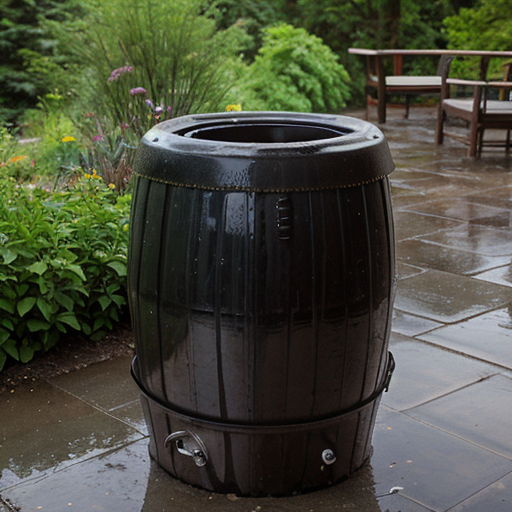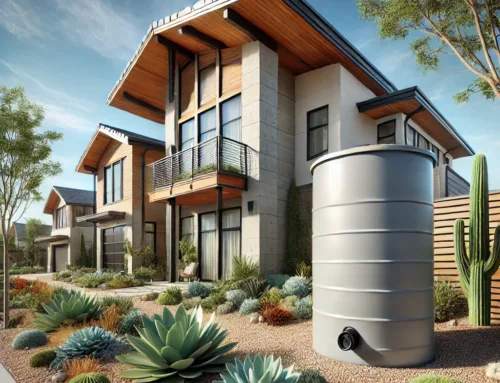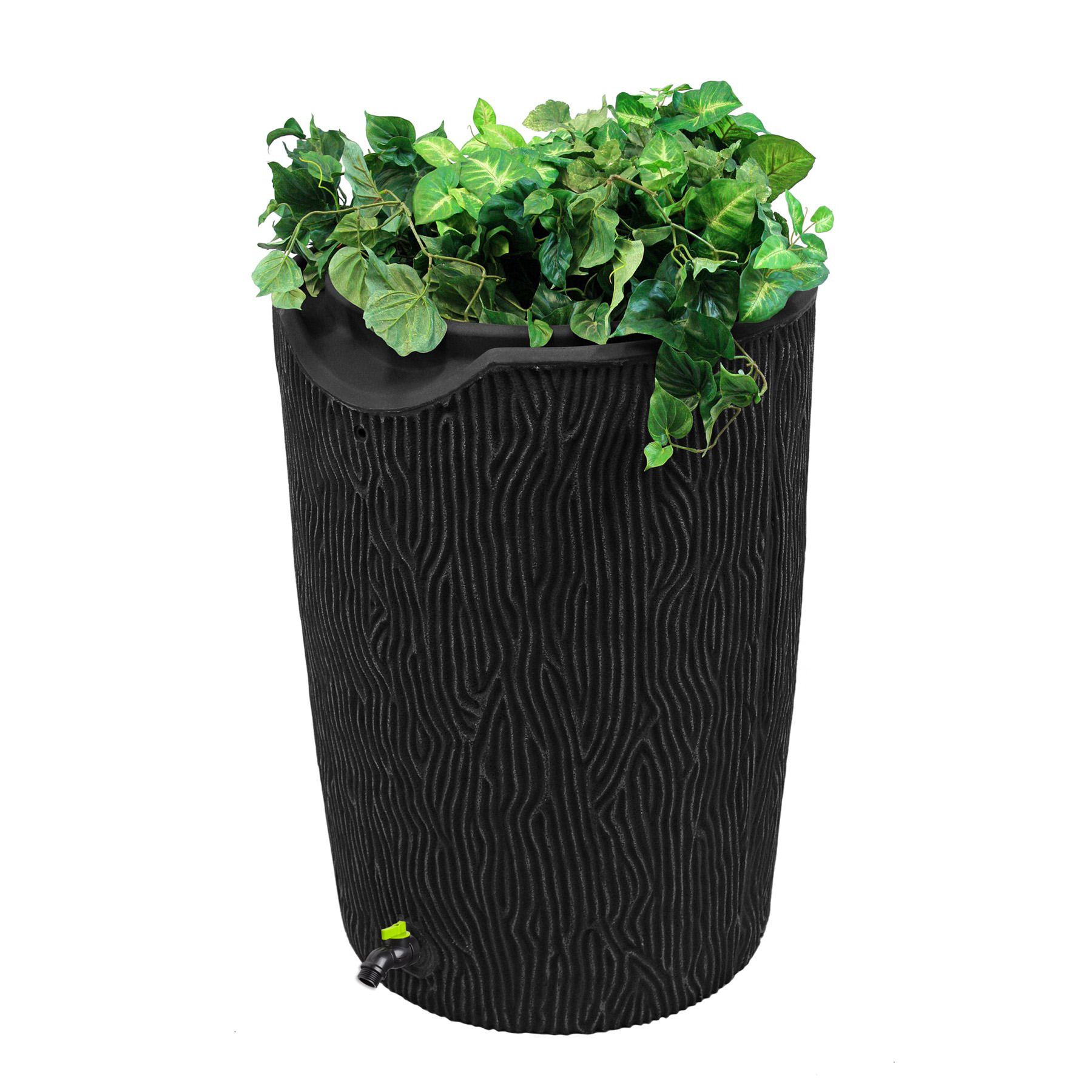Washington State, with its lush landscapes and frequent rainfall, is ideally positioned to benefit from rainwater harvesting. This practice, which involves collecting and storing rainwater for future use, offers numerous advantages in managing water sustainably. This article explores the wide-ranging benefits of rainwater harvesting in Washington State, emphasizing its impact on water and energy conservation, environmental protection, and financial savings.
Water Conservation Benefits
Leveraging Natural Resources
In Washington, where rain is plentiful, capturing rainwater is a strategic way to reduce dependence on municipal water systems. This not only ensures a more sustainable use of water resources but also prepares communities for times of drought or water scarcity.
Reducing Municipal Demand
By harvesting rainwater, residents and businesses can decrease their demand on local water supplies. This reduction aids in managing water more efficiently and ensures that municipal systems are not overburdened during peak usage times.
Energy Conservation Benefits
Lower Energy Consumption
Treating and distributing water is a significant energy drain. Using rainwater, particularly for non-potable applications such as landscaping and toilet flushing, cuts down the energy needed to process and pump municipal water.
Decrease in Greenhouse Gas Emissions
Reducing energy consumption through rainwater harvesting directly contributes to lower greenhouse gas emissions. This supports Washington State’s environmental goals and promotes a healthier planet.
Environmental Benefits
Sustainable Water Management
Rainwater harvesting helps in maintaining the natural hydrological cycle and reduces the extraction of water from sensitive ecosystems, which can be critical in preserving local wildlife and natural habitats.
Mitigation of Stormwater Runoff
Washington’s frequent rains can lead to significant stormwater runoff, which often carries pollutants into local waterways. By capturing rainwater, this runoff is minimized, reducing the risk of erosion and water pollution, and protecting aquatic and terrestrial habitats.
Financial Benefits
Savings on Water Bills
Both residential and commercial properties can see a reduction in water bills by using harvested rainwater for many daily needs. This is especially beneficial in urban areas, where water costs can be higher.
Incentives for Rainwater Harvesting
The state and local governments often provide financial incentives, such as rebates or tax reductions, to encourage the adoption of rainwater harvesting systems. These incentives help offset the initial setup costs and promote wider adoption.
Infrastructure Cost Reduction
Using rainwater reduces the strain on existing water infrastructure. This means less money spent on new water treatment facilities and pipeline expansions, which ultimately saves money for local governments and taxpayers.
Choosing the Right System
For those interested in rainwater harvesting in Washington State, selecting a system that fits local needs is essential. Companies specializing in rainwater harvesting solutions can offer a range of products, from simple rain barrels to more sophisticated collection and filtration systems. These systems are designed to be cost-effective and efficient, providing long-term benefits and savings.
Additional Advantages
Enhancing Property Value
Properties equipped with rainwater harvesting systems are often valued higher and are more attractive to eco-conscious buyers. This can be a significant advantage in Washington’s competitive real estate market.
Educational and Community Benefits
Rainwater harvesting can serve as an excellent educational tool, raising awareness about water conservation and inspiring sustainable practices within communities. It exemplifies how individual and collective actions can make a tangible difference in environmental stewardship.
Rainwater harvesting in Washington State offers a pragmatic approach to managing water resources wisely and sustainably. It provides an array of benefits, from reducing environmental impact and conserving energy to lowering costs and enhancing property values. As more people and businesses adopt this practice, Washington can continue to lead in environmental sustainability and community resilience.






